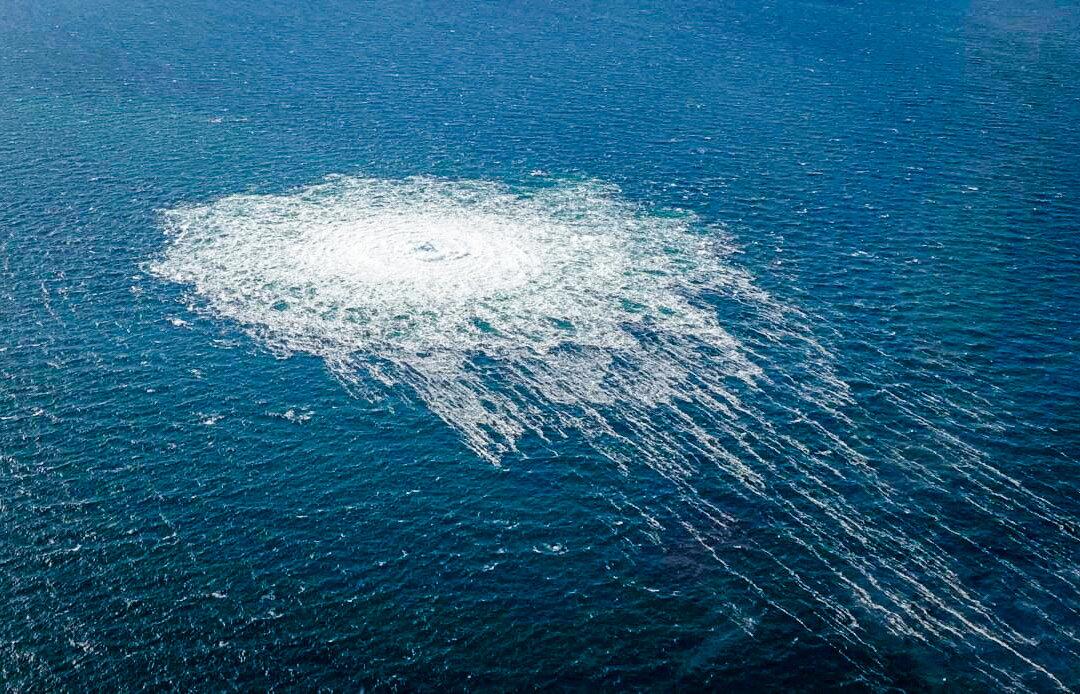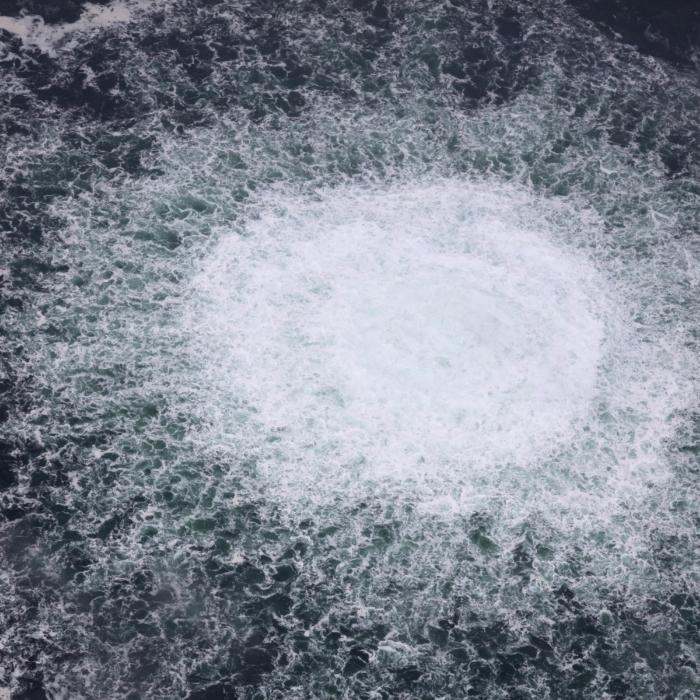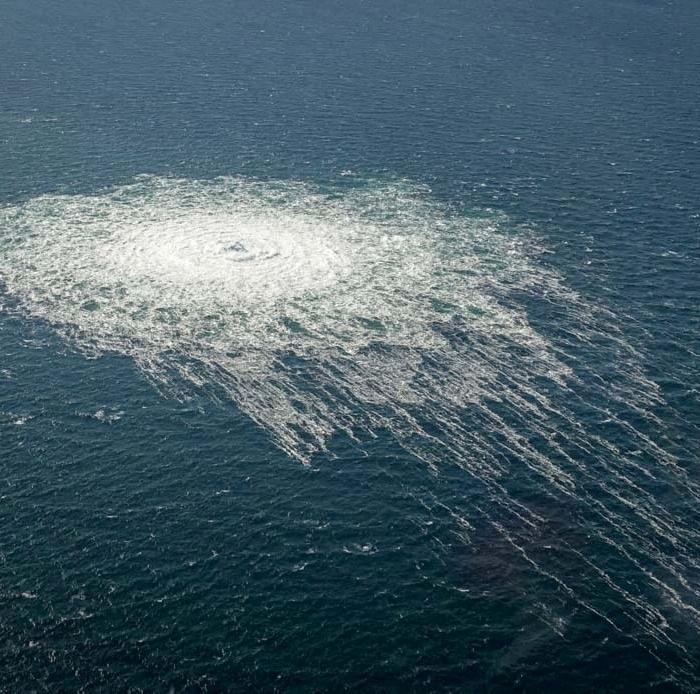An arrest warrant was issued by German authorities in June in connection with the 2022 Nord Stream pipelines explosions, according to Polish authorities.
The Polish National Public Prosecutor’s Office has confirmed that German authorities sent a European arrest warrant (EAW) for a man wanted in connection with the Nord Stream pipelines explosions. However, he was able to evade arrest.
Volodymyr Z.
A spokeswoman for the Polish National Public Prosecutor’s Office told The Epoch Times by email that in June, German authorities sent an EAW directly to the Regional Prosecutor’s Office in Warsaw in the case of Ukrainian citizen “Volodymyr Z.” in connection with proceedings conducted against him in Germany.She said however that Volodymyr Z. was not detained because he wasn’t included in a database of wanted persons, which meant that the Polish Border Guard had no knowledge of him and no grounds to detain him.
This meant that at the beginning of July, he was able to leave Poland and cross the Polish–Ukrainian border.
“The free crossing of the Polish-Ukrainian border by the above-mentioned was possible because the Polish Border Guard did not have the knowledge and grounds to detain Volodymyr Z., the information about his search on the basis of the German EAW was not in the database of persons wanted by the judicial authorities of other countries,” she said.
Polish law does not allow for publication of the full name of suspects in criminal investigations.
September 2022
The multibillion-dollar Nord Stream 1 and 2 pipelines, transporting gas under the Baltic Sea, were ruptured by a series of blasts in the Swedish and Danish economic zones in September 2022 that released vast amounts of methane into the air seven months after the Russia–Ukraine conflict began.The Nord Stream 1 and 2 pipelines, a subsidiary of the Russian state-controlled company Gazprom, had a joint annual capacity of 110 billion cubic meters—more than half of Russia’s normal gas exports volumes.
The Nord Stream 1 pipeline, which connected Russia and Germany directly under the Baltic Sea, became operational in 2011 and was a key component of Europe’s energy supply.
Nord Stream 2, built to run parallel to Nord Stream 1, was intended to double the capacity of gas delivered to Germany, but it never came into operation amid global political tensions.
Until now, it remained unclear to the public who was behind the explosions.
According to investigations conducted by Danish, German and Swedish authorities, leaks in the pipelines were caused by the use of explosives.
U.N. representatives of the Russian Federation have claimed that the destruction of the Nord Stream gas pipelines constituted “a direct threat to international peace and security.”
However, U.N. representatives from France say that Russia has “continued systematically to target Ukrainian infrastructure, inflicting terrible damage,” and that Russian Federation strikes have destroyed or damaged seven thermal power plants, three combined heat and power plants, two hydroelectric plants, and 17 power transformers.
The Epoch Times contacted the Ministry of Foreign Affairs of Ukraine for comment.






